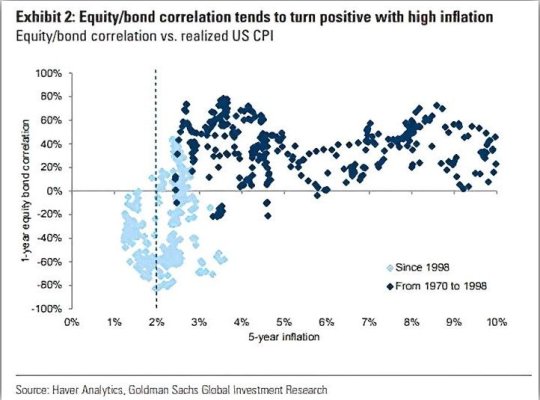For a while I've had Fidelity Floating Rate fund as about 20% of my bond allocation. 5 year return has been 3.9%; it was down about 15% at the worst of the pandemic but pretty quickly snapped back. It traditionally invests a bit more conservatively than most floating funds, so somewhat lower yield but also lower volatility.
I don't think it's a bad way to invest for higher yield particularly if you think that interest rates/inflation are going up, but I wouldn't allocate too high a percentage. I'm skeptical inflation will last much longer than a year or two, but as my grandfather always said, "We will see."
YMMV.
I don't think it's a bad way to invest for higher yield particularly if you think that interest rates/inflation are going up, but I wouldn't allocate too high a percentage. I'm skeptical inflation will last much longer than a year or two, but as my grandfather always said, "We will see."
YMMV.
I haven't looked into longer term performance of floating rate funds that are comprised of the underlying instruments, but I'd have to believe that it is efficient and there aren't outsized gains to be had. I suppose it would be possible for a closed end fund/ETF to outperform simply on technical parameters. If looking to invest in floating rate instruments, that would be the way I'd do it - through a closed end fund or ETF at a point where it was relatively low.
Last edited by a moderator:

